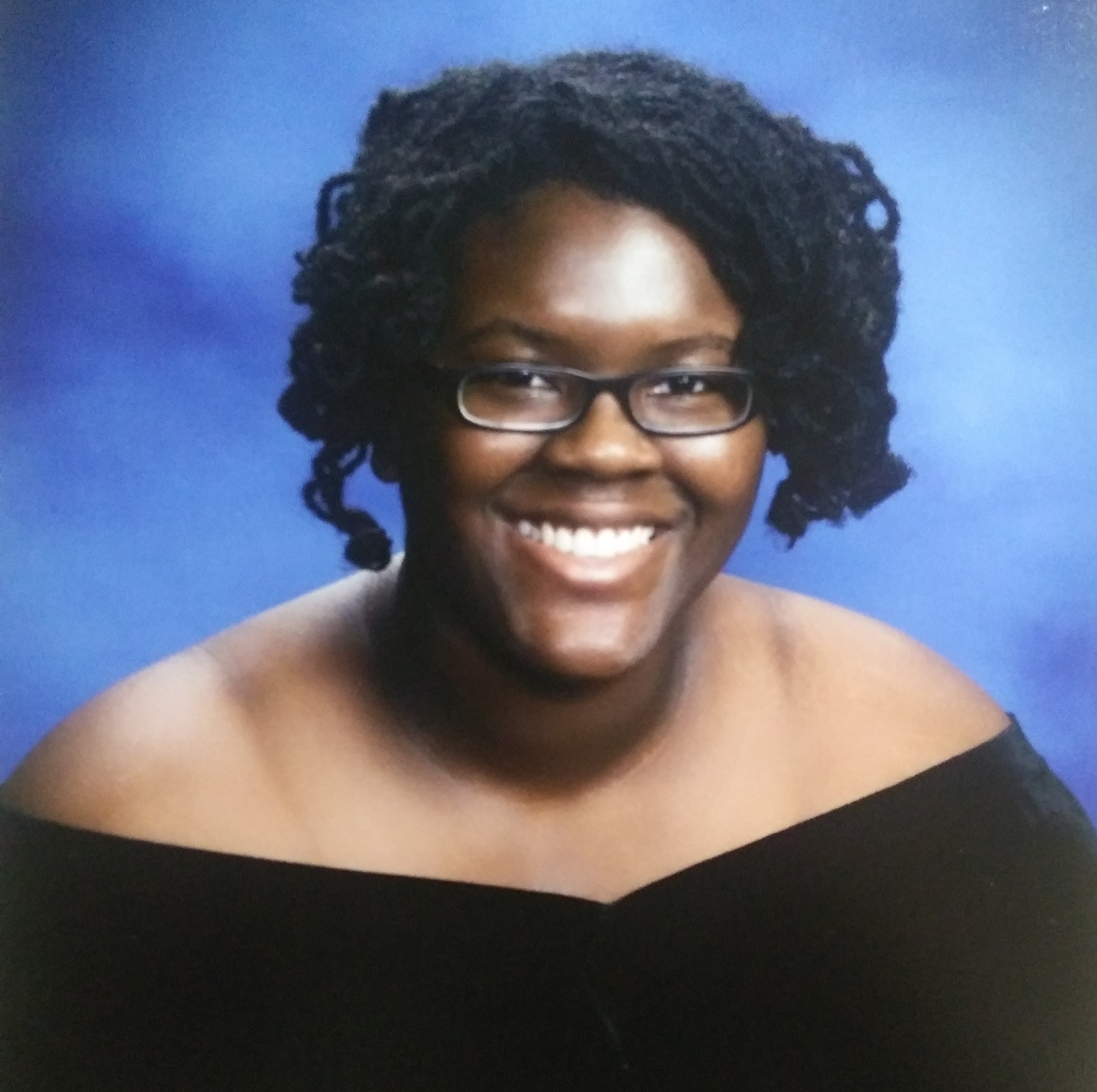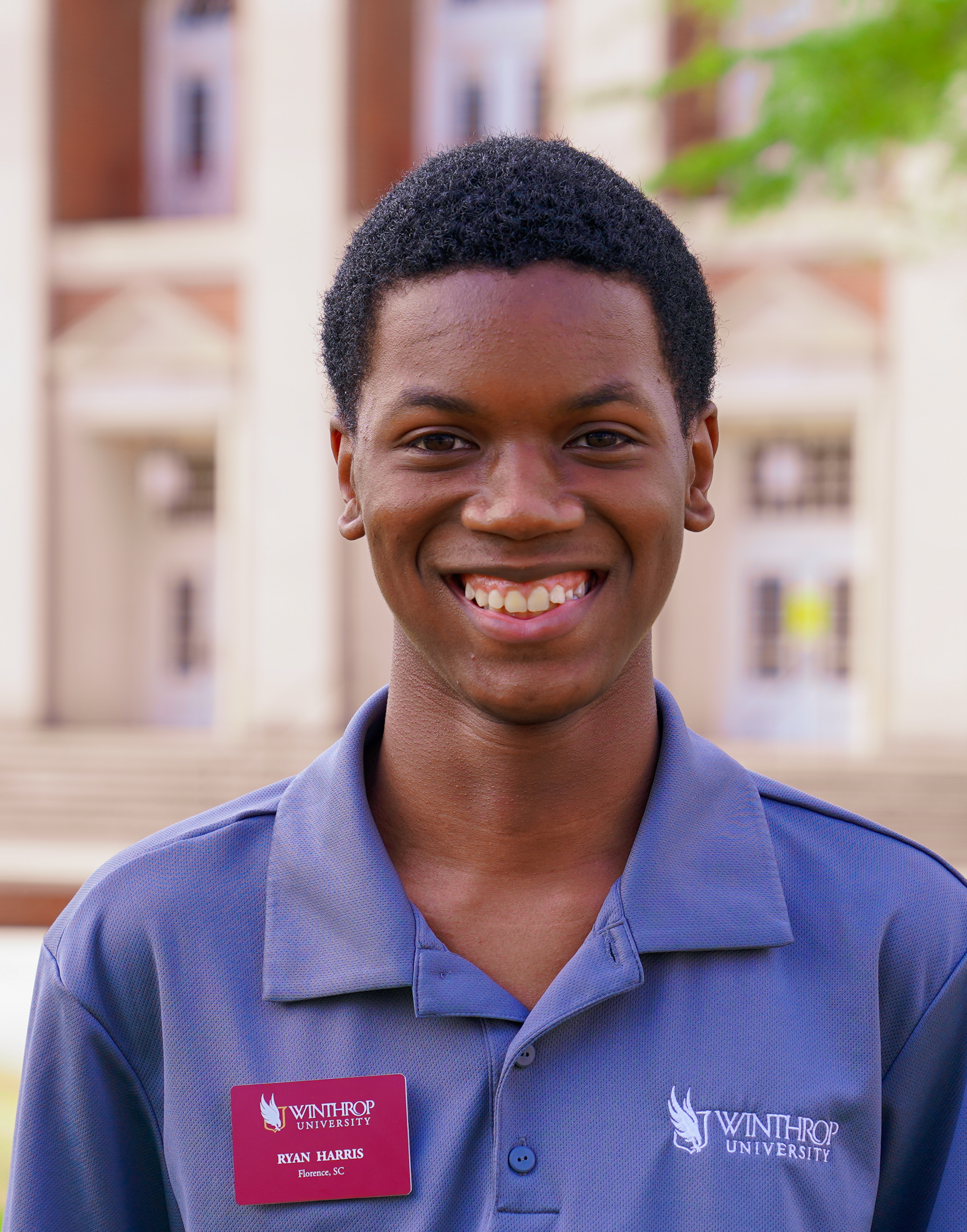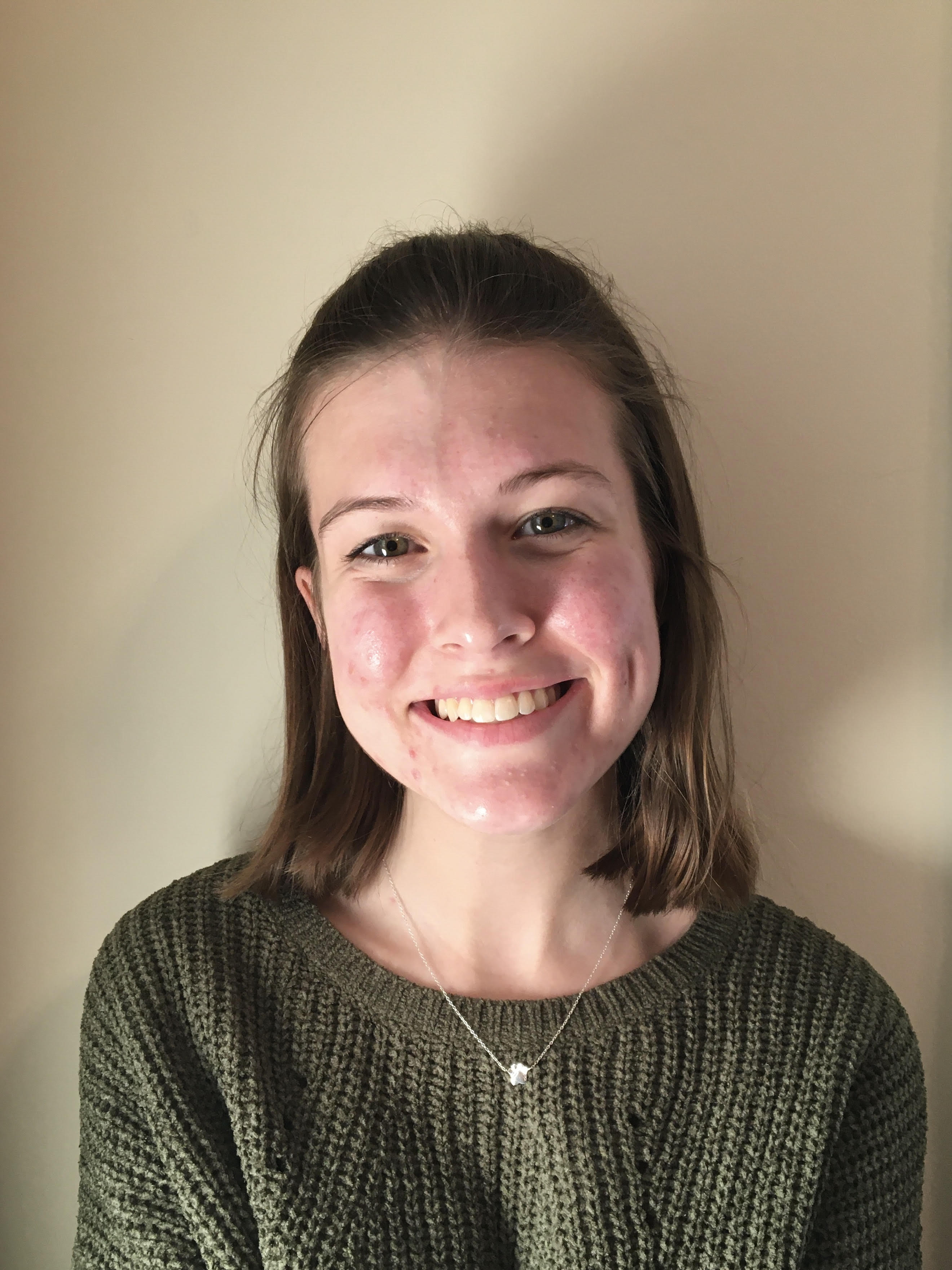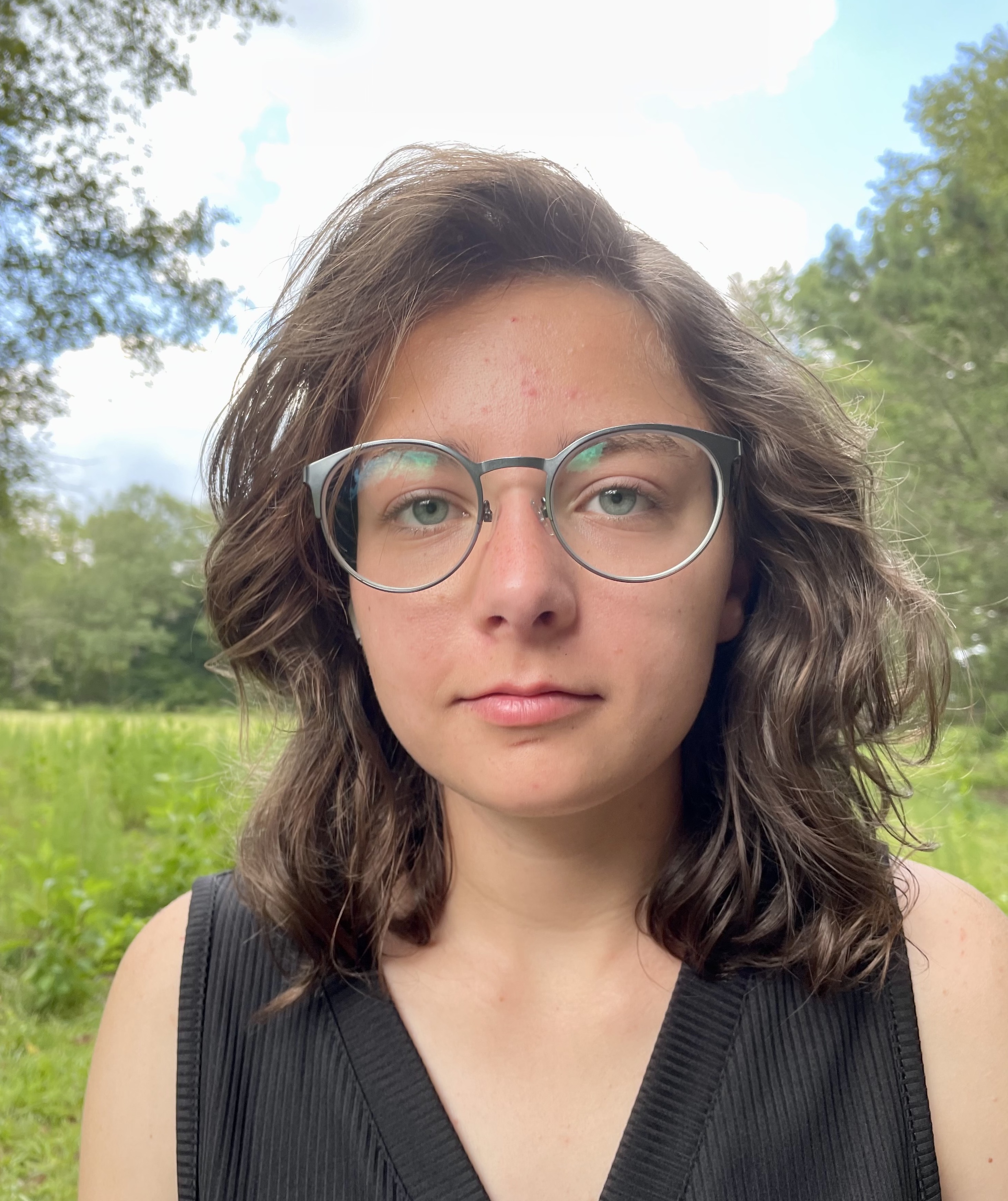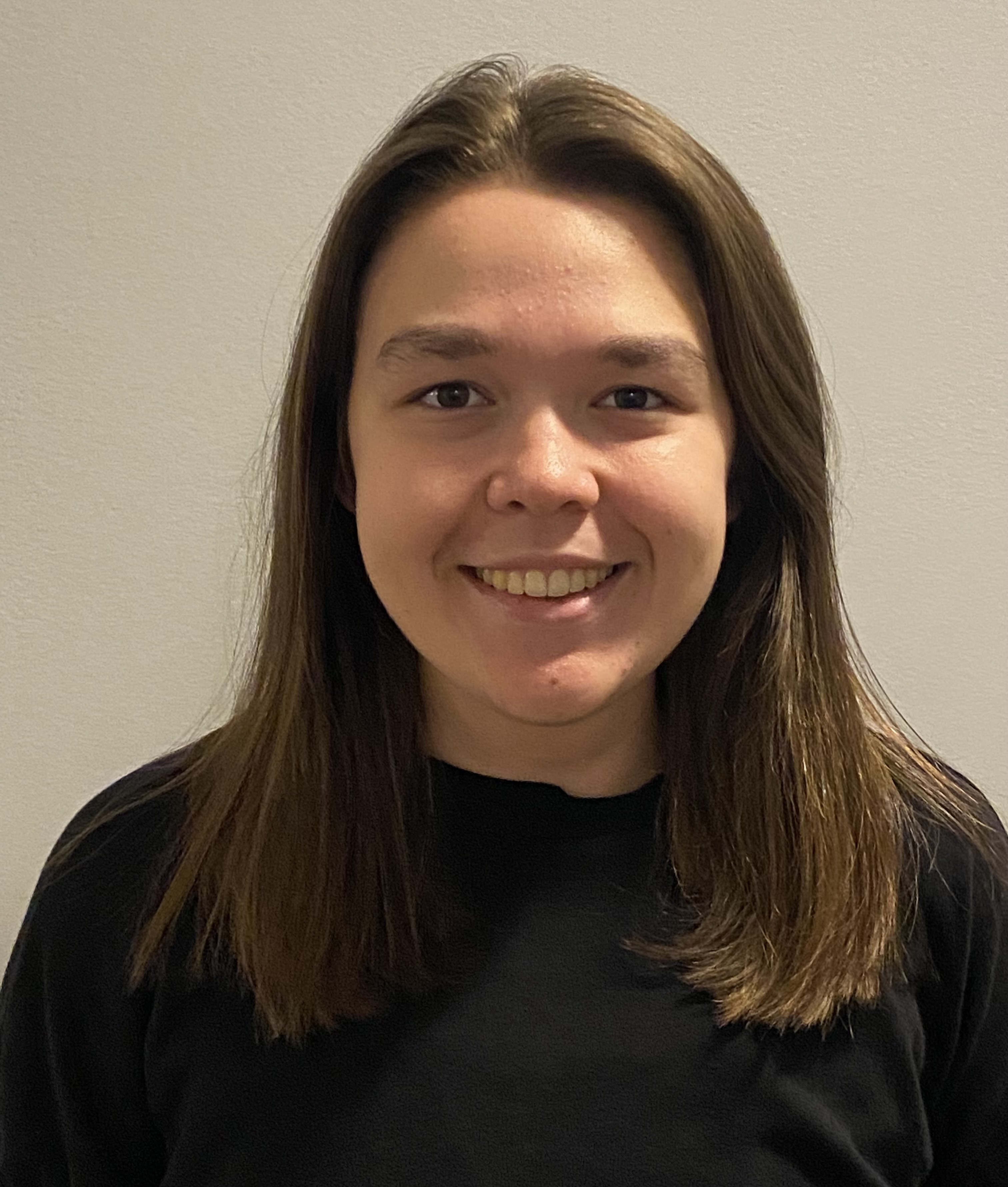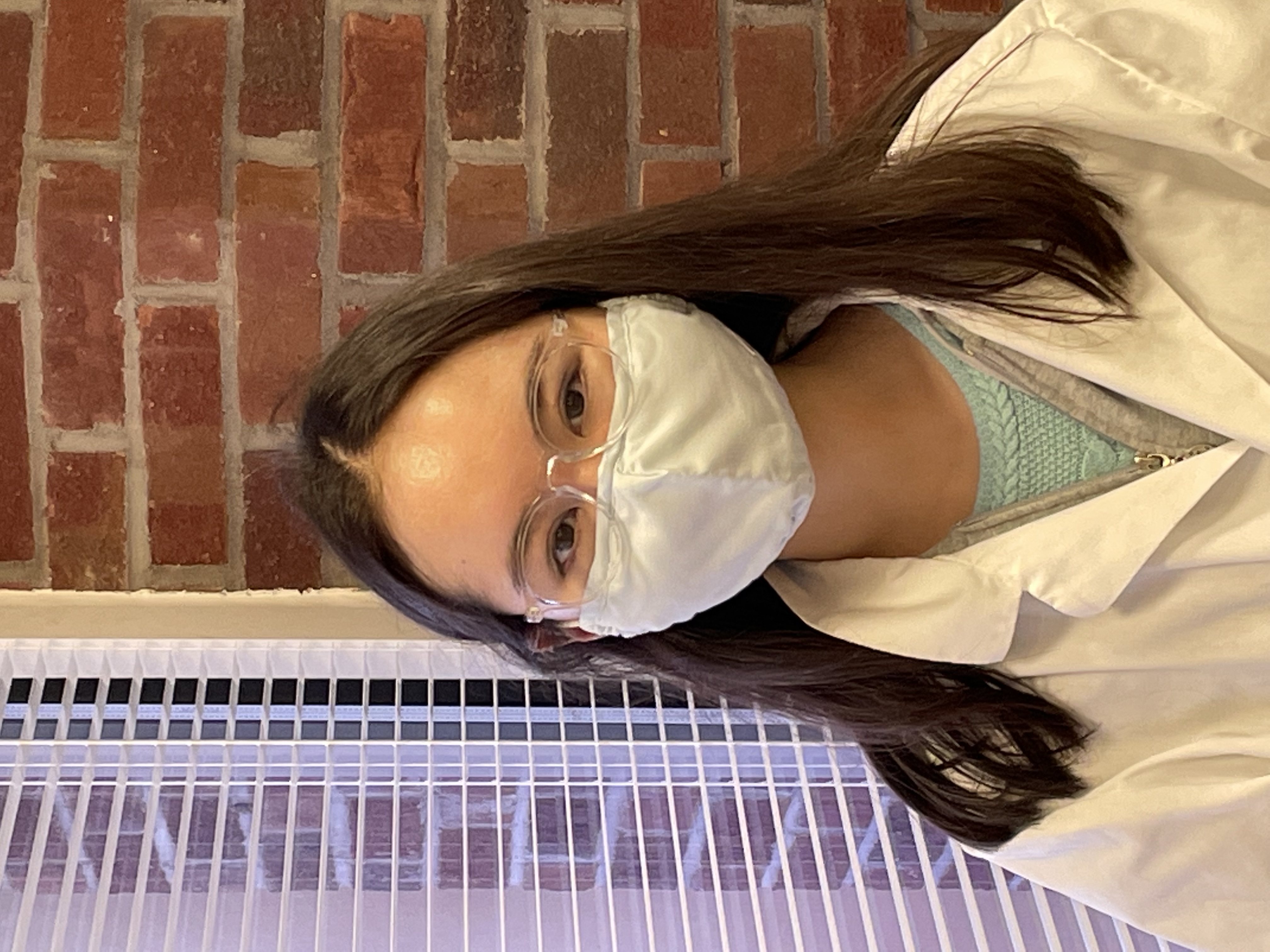Below is a summary of the abstract you submitted. Presenting author(s) is shown in bold.
If any changes need to be made, you can modify the abstract or change the authors.
You can also download a .docx version of this abstract.
If there are any problems, please email Dan at dar78@pitt.edu and he'll take care of them!
This abstract was last modified on March 7, 2022 at 10:20 a.m..
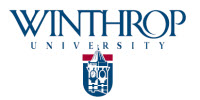
Winthrop University undergraduates conducted research within the framework of the SEA-PHAGES (Science Education Alliance-Phage Hunters Advancing Genomics and Evolutionary Science) program - an initiative led by the Howard Hughes Medical Institute and Dr. Graham Hatfull at the University of Pittsburgh. In the world of medicine, antibiotic resistance is a persistent problem. Recent studies suggest that bacteriophage therapy could be a solution, serving as an alternative to antibiotics. It is estimated that 1031 phages exist, but just over 4,000 have been annotated and published at GenBank. The goal of the SEA-PHAGES program is to fill this gap of knowledge by discovering and characterizing more bacteriophages. The study aims to further knowledge of bacteriophage genetics and evolution. Samples were collected on the Winthrop University campus, and then amplified using enriched or direct isolation. Purification was performed to ensure a well-isolated sample. Spot titers and serial dilutions were then conducted to amplify the phage sample. Samples were characterized using restriction enzymes and gel electrophoresis to determine DNA strand lengths. Finally, transmission electron microscopy was then used to gain a depiction of the phage's morphology. During the fall 2021 semester, eight students isolated unique bacteriophages using the host bacteria Mycobacterium smegmatis (Virgeve, Figment, Yorick, Galaga, Purah, Stay, Mazikeen, and Mikro). All had Siphoviridae morphology with the exception of Stay and Mikro, Winthrop’s first two Myoviridae phages. In addition we characterized Yorick, our first F1 cluster bacteriophage. Phages Virgeve, Yorick, and Mikro were sent to the University of Pittsburgh for DNA sequencing based on their high titer lysates and unique gel electrophoresis digest patterns. The complete genomes of all three phages were annotated in the second semester of the SEA-PHAGES program. Virgeve is a B1 cluster phage and Yorick is a F1 cluster phage, both with 101 putative genes. Mikro is a C1 cluster with 255 putative genes and is the only phage where we found tRNAs. The software program DNAMaster was used to auto-annotate the FastA files of our bacteriophages Virgeve, Yorick, and Mikro for analysis. We used Phamerator, NCBI Protein Blast, HHPred, Glimmer, and GeneMark to compare start site information and reading frame homology to other annotated phages. We checked start sites, alignment percentages, and the gap size between putative genes. We are continuing to annotate Yorick and Mikro. In a third semester as sophomores, the students will participate in SEA-GENES, where they will investigate the co-evolution of bacterial hosts with their bacteriophage parasites using advanced molecular, genetic and microbiological techniques.

